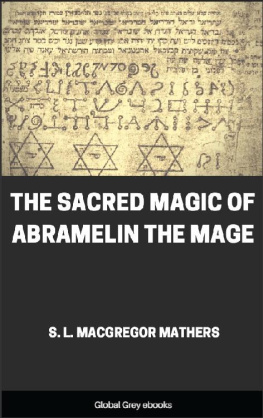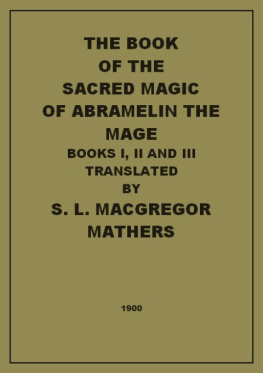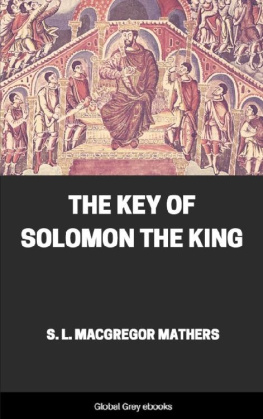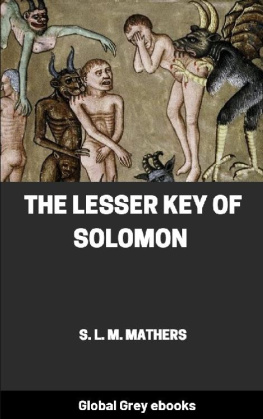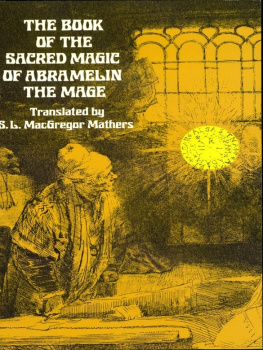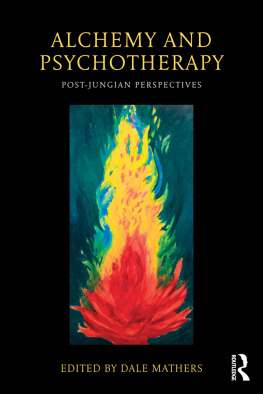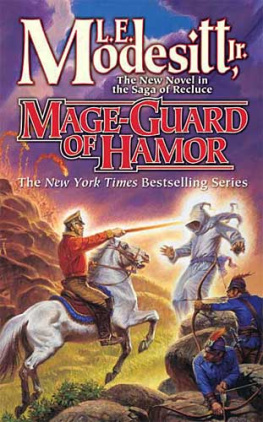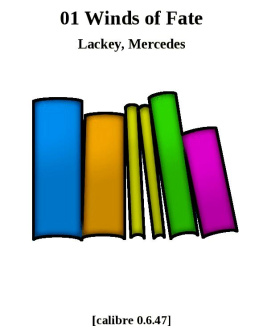S. L. MacGregor Mathers - The Sacred Magic of Abramelin the Mage
Here you can read online S. L. MacGregor Mathers - The Sacred Magic of Abramelin the Mage full text of the book (entire story) in english for free. Download pdf and epub, get meaning, cover and reviews about this ebook. year: 2018, publisher: Global Grey ebooks, genre: Science. Description of the work, (preface) as well as reviews are available. Best literature library LitArk.com created for fans of good reading and offers a wide selection of genres:
Romance novel
Science fiction
Adventure
Detective
Science
History
Home and family
Prose
Art
Politics
Computer
Non-fiction
Religion
Business
Children
Humor
Choose a favorite category and find really read worthwhile books. Enjoy immersion in the world of imagination, feel the emotions of the characters or learn something new for yourself, make an fascinating discovery.
- Book:The Sacred Magic of Abramelin the Mage
- Author:
- Publisher:Global Grey ebooks
- Genre:
- Year:2018
- Rating:4 / 5
- Favourites:Add to favourites
- Your mark:
- 80
- 1
- 2
- 3
- 4
- 5
The Sacred Magic of Abramelin the Mage: summary, description and annotation
We offer to read an annotation, description, summary or preface (depends on what the author of the book "The Sacred Magic of Abramelin the Mage" wrote himself). If you haven't found the necessary information about the book — write in the comments, we will try to find it.
The Sacred Magic of Abramelin the Mage — read online for free the complete book (whole text) full work
Below is the text of the book, divided by pages. System saving the place of the last page read, allows you to conveniently read the book "The Sacred Magic of Abramelin the Mage" online for free, without having to search again every time where you left off. Put a bookmark, and you can go to the page where you finished reading at any time.
Font size:
Interval:
Bookmark:
THE BOOK
OF THE
SACRED MAGIC
OF ABRAMELIN THE MAGE
BOOKS I, II AND III
AS DELIVERED BY ABRAHAM THE JEW UNTO HIS SON LAMECH, A.D. 1458.
TRANSLATED FROM THE ORIGINAL HEBREW INTO THE FRENCH, AND NOW RENDERED FROM THE LATTER LANGUAGE INTO ENGLISH. FROM A UNIQUE AND VALUABLE MS. IN THE "BIBLIOTHQUE DE L'ARSENAL" AT PARIS.
BY
S. L. MAC GREGOR MATHERS
1900
The Sacred Magic of Abramelin the Mage By S. L. MacGregor Mathers.
This edition was created and published by Global Grey
GlobalGrey 2018

globalgreyebooks.com
BY
S. L. MAC GREGOR MATHERS.
OWING perhaps to the circumstance that the indispensable "Bdecker" accords only a three or four line notice to the "Bibliothque de l'Arsenal"; but few English or American visitors to Paris are acquainted with its name, situation, or contents, though nearly all know at least by sight the "Bibliothque Nationale" and the "Bibliothque Mazarin".
This "Library of the Arsenal," as it is now called, was founded as a private collection by Antoine Ren Voyer D'Argenson, Marquis de Paulny; and was first opened to the public on the 9th Floral, in the fifth year of the French Republic (that is to say, on 28th April, 1797), or just a century ago. This Marquis de Paulny was born in the year 1722, died in 1787, and was successively Minister of War, and Ambassador to Switzerland, to Poland, and to the Venetian Republic. His later years were devoted to the formation of this Library, said to be one of the richest private collections known. It was acquired in 1785 by the Comte DArtois, and to-day belongs to the State. It is situated on the right bank of the Seine, in the Rue de Sully, near the river, and not far from the Place de la Bastille, and is known as the "Bibliothque de l'Arsenal". In round numbers it now possesses 700,000 printed books, and about 8000 manuscripts, many of them being of considerable value.
Among the latter is this Book of the Sacred Magic of Abra-Melin, as delivered by Abraham the Jew unto his son Lamech; which I now give to the public in printed form for the first time.
Many years ago I heard of the existence of this manuscript from a celebrated occultist, since dead; and more recently my attention was again called to it by my personal friend, the well-known French author, lecturer and poet, Jules Bois, whose attention has been for some time turned to occult subjects. My first-mentioned informant told me that it was known both to Bulwer Lytton and liphas Lvi, that the former had based part of his description of the Sage Rosicrucian Mejnour on that of Abra-Melin, while the account of the so-called Observatory of Sir Philip Derval in the "Strange Story" was to an extent copied from and suggested by that of the Magical Oratory and Terrace, given in the Eleventh Chapter of the Second Book of this present work. Certainly also the manner of instruction applied by Mejnour in "Zanoni" to the Neophyte Glyndon, together with the test of leaving him alone in his abode to go on a short journey and then returning unexpectedly, is closely similar to that employed by Abra-Melin to Abraham, with this difference, that the latter successfully passed through that test, while Glyndon failed. It would also be especially such experiments as those described at length in the Third Book, which the author of the "Strange Story" had in view when he makes Sir Philip Derval in the MS. history of his life speak of certain hooks describing occult experiments, some of which he had tried and to his surprise found succeed.
This rare and unique manuscript of the Sacred Magic of Abra-Melin, from which the present work is translated, is a French translation from the original Hebrew of Abraham the Jew. It is in the style of script usual at about the end of the seventeenth and beginning of the eighteenth centuries, and is apparently by the same hand as another MS. of the Magic of Picatrix also in the "Bibliothque de l'Arsenal". I know of no other existing copy or replica of this Sacred Magic of Abra-Melin, not even in the British Museum, whose enormous collection of Occult Manuscripts I have very thoroughly studied.
Neither have I ever heard by traditional report of the existence of any other copy. In giving it now to the Public, I feel, therefore, that I am conferring a real benefit upon English and American students of Occultism, by placing within their reach for the first time a Magical work of such importance from the Occult standpoint.
The Manuscript is divided into three Books, each with its separate Title Page, surrounded by an ornamental border of simple design, in red and black ink, and which is evidently not intended to be symbolical in the slightest degree, but is simply the work of a conscientious caligraphist wishing to give an appearance of cleanness and completeness to the Title Page. The wording of each is the same: "Livre Premier (Second or Troisime, as the case may be) de la Sacre Magie que Dieu donna Moyse, Aaron, David, Salomon et d'autres Saints Patriarches et Prophetes qui enseigne la vraye sapience Divine laisse par Abraham Lamech son Fils traduite de l'hbreu 1458". I give the translated title at the commencement of each of the Three Books.
On the fly-leaf of the original MS. is the following note in the handwriting of the end of the eighteenth century:-
"This Volume contains 3 Books, of which here is the first.--The Abraham and the Lamech, of whom there is here made question, were Jews of the fifteenth century, and it is well known that the Jews of that period possessing the Cabala of Solomon passed for being the best Sorcerers and Astrologers." Then follows in another and recent hand:-
"Volume composed of three parts-
1st | part | pages. | |
2nd | " | " | |
3rd | " | " | |
" | |||
June, 1883." |
The style of the French employed in the text of the MS. is somewhat vague and obscure, two qualities unhappily heightened by the almost entire absence of any attempt at punctuation, and the comparative rarity of paragraphic arrangement. Even the full stop at the close of a sentence is usually omitted, neither is the commencement of a fresh one marked by a capital letter. The following example is taken from near the end of the Third Book: "Cest pourquoy la premiere chose que tu dois faire principalement ates esprits familiers sera de leur commander de ne tedire jamais aucune chose deuxmemes que lorsque tu les interrogeras amoins queles fut pour tavertir des choses qui concerne ton utilite outon prejudice parceque situ ne leur limite pas leparler ils tediront tant etdesi grandes choses quils tofusquiront lentendement et tu ne scaurois aquoy tentenir desorte que dans la confusion des choses ils pourroient te faire prevariquer ettefaire tomber dans des erreurs irreparables ne te fais jamais prier en aucune chose ou tu pourras aider et seccourir tonprochain et nattends pas quil tele demande mais tache descavoir afond," etc. This extract may he said to give a fair idea of the average quality of the French. The style, however, of the First Book is much more colloquial than that of the Second and Third, it being especially addressed by Abraham to Lamech, his son, and the second person singular being employed throughout it. As some English readers may be ignorant of the fact, it is perhaps as well here to remark that in French "tu," thou, is only used between very intimate friends and relations, between husband and wife, lovers, etc.; while "
Next pageFont size:
Interval:
Bookmark:
Similar books «The Sacred Magic of Abramelin the Mage»
Look at similar books to The Sacred Magic of Abramelin the Mage. We have selected literature similar in name and meaning in the hope of providing readers with more options to find new, interesting, not yet read works.
Discussion, reviews of the book The Sacred Magic of Abramelin the Mage and just readers' own opinions. Leave your comments, write what you think about the work, its meaning or the main characters. Specify what exactly you liked and what you didn't like, and why you think so.

